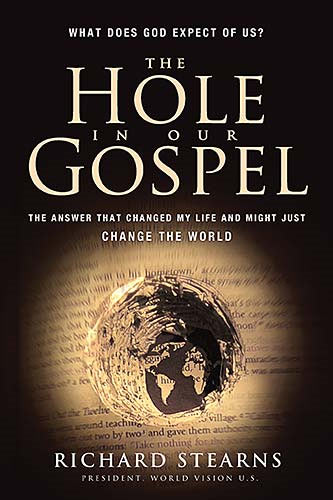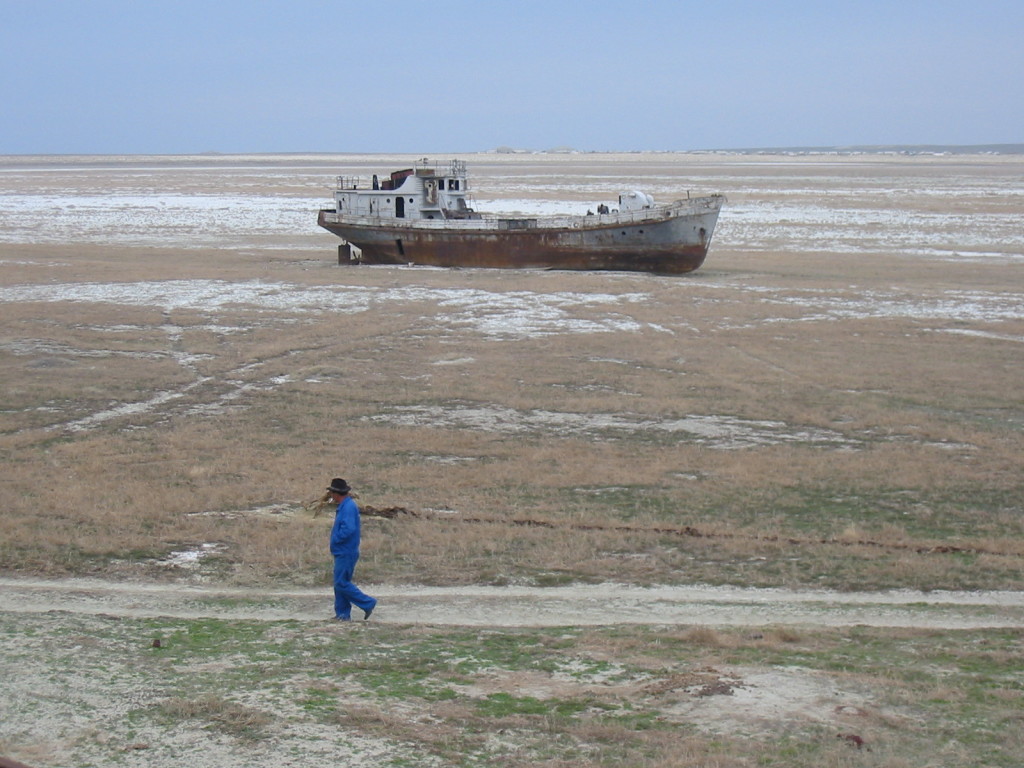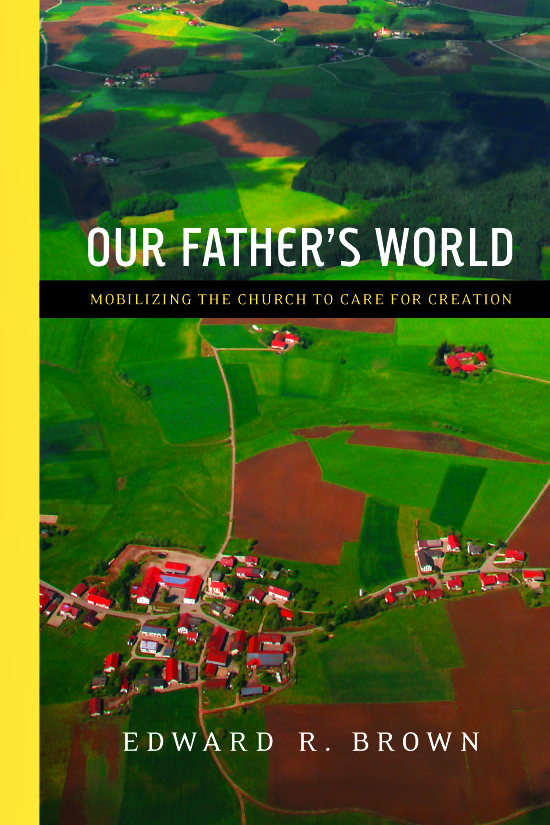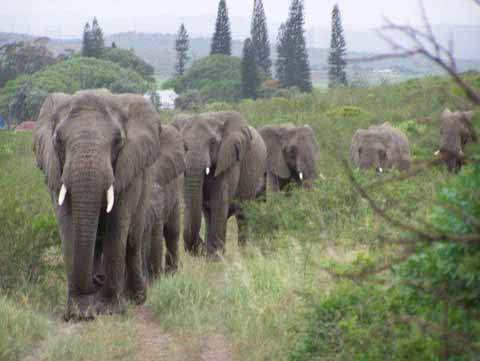If you want to read a challenging and inspiring book, pick up The Hole in the Gospel by Richard Stearns.
In the book, Stearns shares how he was enjoying a successful corporate career when a number of things happened that led him to believe that God was calling him to step out of his comfort zone to become the president of World Vision, the Christian humanitarian aid organization.
And he wasn’t sure he wanted to answer that call.
This brought to a head two pressing questions in his life. What was the Christian faith all about? And was he willing to accept a call from God that would require him to accept God’s will and purpose even if they differed from his own?
The “hole” in the Gospel that the book’s title refers to is the tendency among Christians to make Jesus’ message all about getting our bus ticket punched for the right destination in the next life and to ignore God’s desire to advance his kingdom in this world.

This is well worth reading.
Here’s how Stearns puts it:
“In our evangelistic efforts to make the good news accessible and simple to understand, we seem to have boiled it down to a kind of “fire insurance” that one can buy. Then, once the policy is in place, the sinner can go back to whatever life he was living – of wealth and success, or of poverty and suffering. As long as the policy is in the drawer, the other things don’t matter much. We’ve got our “ticket” to the next life.”
A few lines later, Stearns talks more of the whole gospel.
“The kingdom of God, which Christ said is “within you” (Luke 17:21 NKJV), was intended to change and challenge everything in our fallen world in the here and now. It was not meant to be a way to leave the world but rather the means to actually redeem it. Yes, it first requires that we repent of our own sinfulness and totally surrender our individual lives to follow Christ, but then we are also commanded to go into the world – to bear fruit by lifting up the poor and marginalized, challenging injustice wherever we find it, rejecting the worldly values found within every culture, and loving our neighbors as ourselves.”
And he ultimately did accept what he perceived to be the call of God to pursue the redemption of the world by becoming the President of World Vision. He did this despite the fact that he was enjoying a stable, satisfying, well-compensated professional life as the CEO of Lenox and despite the fact that he felt unqualified. He took a leap of faith.
I call attention to Stearns and his story because his articulation of the Gospel is powerful and connects with the ideas of a whole faith that this blog is exploring. The Gospel is a dynamic, life-changing force that begins our eternal and blessed life right now and in this world.
I also call attention to Stearns because I’m convinced that we need to create an international Christian organization as broad and large as World Vision dedicated to preserving and mending God’s earth which we have stood by and alllowed to be defaced and destroyed for too long.
You might know World Vision through its child sponsorship system, which allows people to sponsor children in poor communities around the world. That sponsorship funding then helps World Vision serve the communities in which those children live.
It serves communities in a wide variety of ways – from offering medical services and emergency aid to helping train community members in agriculture and protecting children from child trafficking, abuse, and neglect.
The scale of World Vision International is astonishing. World Vision International serves nearly 100 countries. It has 45,000 staff. Its revenues in 2013 reached $2.67 billion.
By contrast, the largest Christian international organization that I know of is A Rocha, which carries out education, research, and conservation projects. Its income in 2013 was $5.4 million.
How can we as Christians not be responding to problems of global environmental degradation at the scale of those problems?
World Vision is an inspiration. It brings together the resources and energies of thousands of churches and millions of Christians into one organization that can tackle poverty at a wide scale while working collaboratively at the local community level.
It’s time for a Christian organization to do the same thing for God’s earth. We need to bring our resources to bear on the forces depleting and disrupting God’s world at the scale of those forces.
And in light of the scale and moral urgency of the calamity unfolding in front of us, that organization needs to be as large as World Vision. Maybe larger.
This leads me to the painful conviction that right now the best use of the majority of our energies and resources is not in efforts to awaken local churches to a whole faith.
I suspect I’ve not been alone in long assuming a bottom-up approach was the way to go. I’ve dreamed that if enough churches came to care about God’s earth as part of a whole faith that this would lead eventually to changes in the lives and actions of individuals Christians. This, in turn, would them to bring about changes in their local communities. And this would eventually, gradually lead to changes to the culture and policies of their nations.
But the reality of the situation has come home to me. Even if that sequence would be assured of happening, it won’t happen fast enough nor at the right scale nor with the urgency and effectiveness that is needed.
Certainly, churches should preach and teach a whole faith that includes God’s Creation. I long to see a whole faith flourish at the local church level. I want to help that happen.
What I have seen, however, is that a whole faith typically faces considerable resistance, polite disinterest, or downright apathy. And that’s in the churches where the accepted doctrine would even allow you to have a conversation about the intrinsic value of the earth to God.
Those who do care tend to find themselves in Creation Care committees that do praiseworthy activities but have a hard time inspiring the whole congregation to act in concerted, coordinated ways and to create new habits of living. There are gatekeepers. There is cultural resistance. It’s perceived to be too radical and too costly.
And even if some churches began to move in those directions, individual churches just aren’t be able to deal systematically with the systematic ways God’s Creation is being violently diminished.
Rivers and coral reefs are dying. Creatures are going extinct. Too often the way we raise food mines the wealth of God’s world and doesn’t regenerate it. The world’s climate is changing. People, our neighbors in God’s eyes, are suffering and losing much because of these trends. It will only get worse if these trends continue unabated.

A ship left high and dry in the former Aral Sea (near Aral, Kazakhstan) that used to be the fourth largest freshwater lake in the world. Read about its slow death and see striking aerial images of the shrinkage since 2000 here.
Patient work at the level of local church is just not enough. Being content with recycling and using more energy-efficient light bulbs (all good things, of course) is like having a satisfied feeling in your heart after throwing a glass of cool water on a roaring fire that is engulfing a neighbor’s house.
And the limited number of Christians who care about God’s earth need to be strategic in where they use their limited time and resources.
It’s time for Christians to push themselves to be leaders in preserving and mending God’s world for God’s sake, for our neighbors’ sake, and for the sake of the diversity of life around us.
It’s time for Christians to bring all of their dynamism, compassion, innovation, and willingness to sacrifice for what is good to bear.
It’s time for the Church as a unified body of Spirit-filled communities to pool its resources in a new organizational arm that focuses on one thing – protecting and mending God’s earth – and to do so with all of the urgency, creativity, and prophetic passion God’s spirit can provide.
What exactly would this international organization do? What would make it uniquely Christian and uniquely valuable? And where would the money come from?
With fear and trembling, I’ll give my best answers to those questions in my next post.








